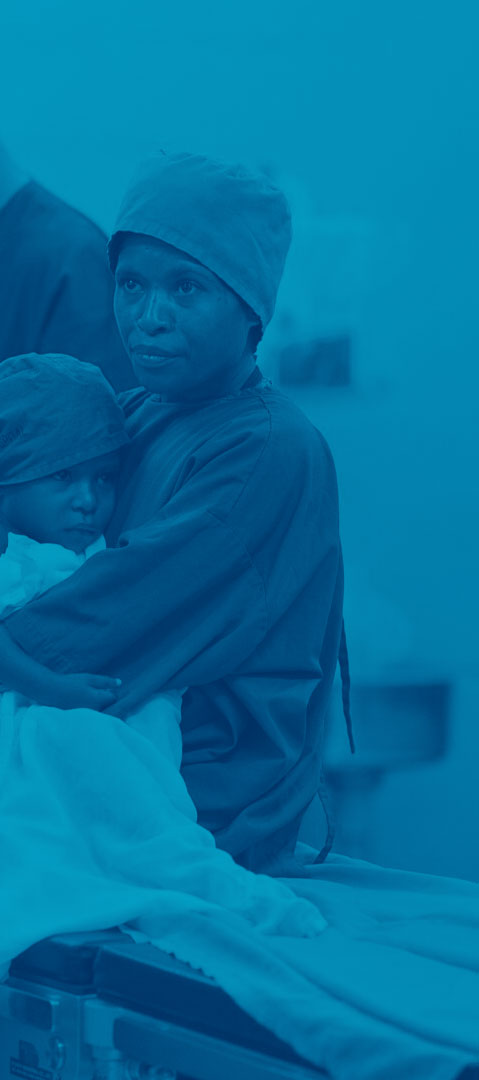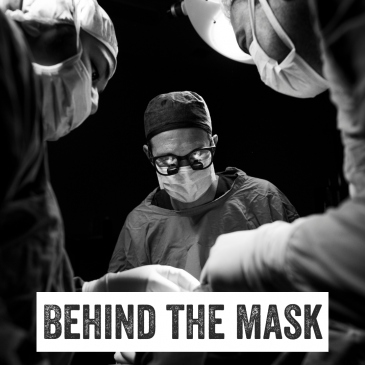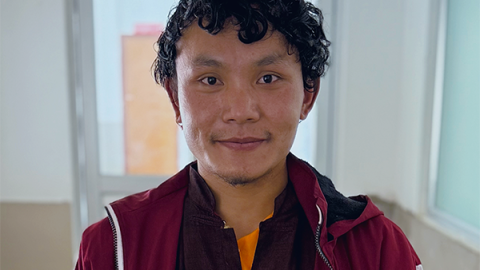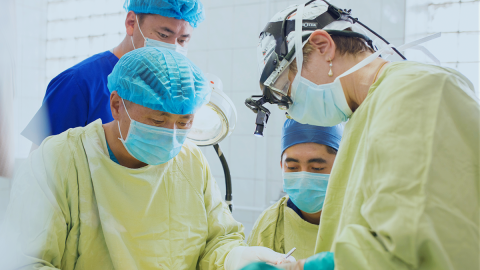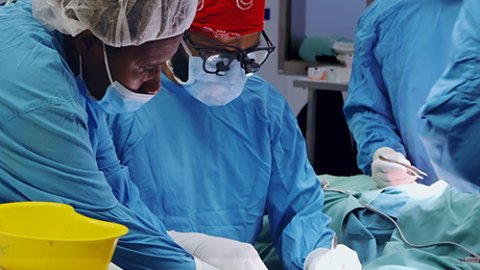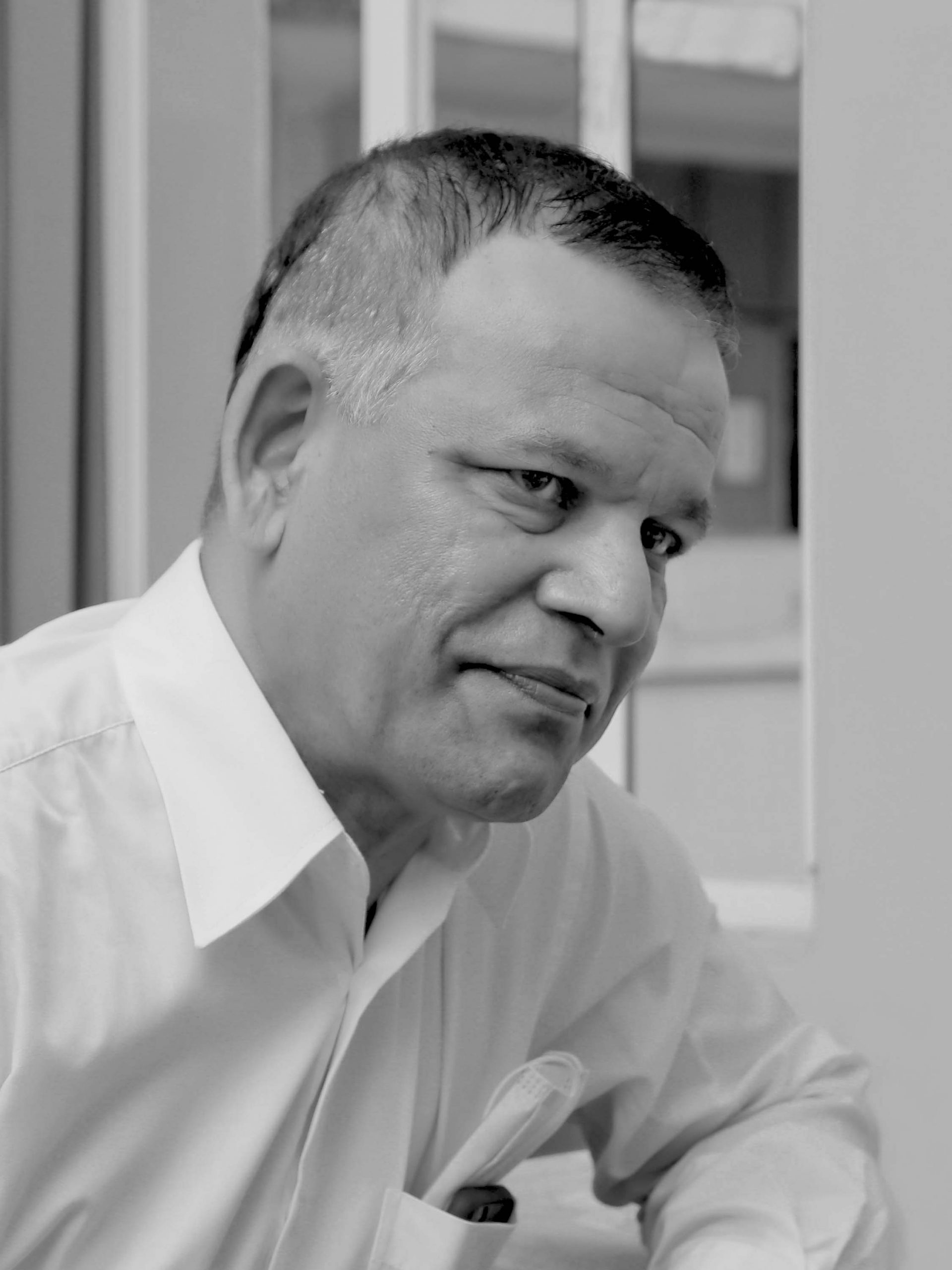
As part of Interplast’s Behind the Mask series we seek to share the dedicated experiences of our volunteers and partners in over 25 countries.
Dr. Dulip Herath is a plastic surgeon at the National hospital of Sri Lanka, where he has practised for more than two decades. He has been involved with the Interplast team since the organisation commenced its work in Sri Lanka in 2001.
“It’s a very structured, educational program, our local team learns a lot from Interplast. The work experience and knowledge transfer I have gained from the Australian plastic surgery team has been far greater than what I gained from the UK where I received my initial training.”
“Almost all the plastic surgeons in Sri Lanka, except myself and a few others, were trained in Australia. They had the opportunity to go through an excellent training program and now they have taken up positions in most of the major teaching hospitals in Sri Lanka.”
“No other organisation provides the support and intervention that Interplast provides.”
“Most of the provinces in Sri Lanka do not have enough plastic surgeons, and whichever hospitals we do cover usually only have one plastic surgeon for the whole hospital, which is severely inadequate. Our plan for the future is to have more plastic surgeons in each hospital in Sri Lanka. We are trying to increase the number of trainees coming in, as Plastic Surgery is a relatively a new field in Surgery for Sri Lanka. Organisations like Interplast play a role here as they create more inclination for surgeons to choose plastic surgery as a specialisation field.”
“The most common surgeries we perform here are hand surgeries. There are certain areas where plastic surgery in Sri Lanka needs to improve, including some congenital malformations and cranio-facial surgical training. Since they have made multiple visits, they have streamlined hand treatment in Sri Lanka, both surgical and therapy wise. Hand surgery patients need a lot of continuous occupational therapy, from the splinting stage, up to mobilisation and follow-up care. The Interplast team includes an Occupational Therapist who conducts lectures and practical sessions. Nearly all the Occupational Therapists in Sri Lanka have participated, and they have received good exposure.”
“Interplast helped us establish cranio-facial surgery in Sri Lanka, and I hope they can help us further develop that branch of plastic surgery in Sri Lanka. We only have one dedicated Cranio-facial surgeon in Sri Lanka who was trained in Australia, and the second, who will be arriving soon, was also trained there.”
“We have had annual Interplast visits since 2000-2001.”
“In preparation for Interplast’s arrival, we filter out the patients whom we can treat confidently, and we chose the more complex patients that we wish to have consulted by the Interplast team during their visit. We perform all the basic required initial investigations on them, and when the team arrives, we get the patients down, discuss the case and how we should treat the patient and we learn the management from the Interplast team. They also provide us with training and rotation slots where we select our best surgeons to go and continue their training program in Australia. I think Interplast has contributed enormously.”
